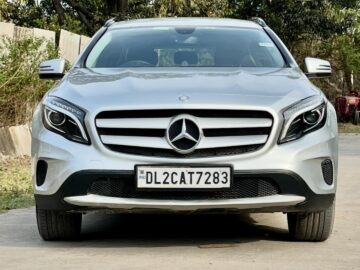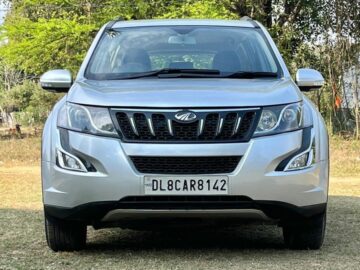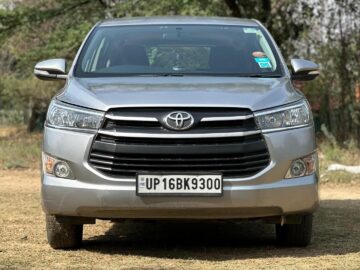Delhi Govt withdraws EV subsidies: Prices To Rise Substantially
Delhi Government has decided to put a full stop to the additional EV subsidies of Rs 1.5 lakh which was offered on electric passenger cars. As a part of the Delhi EV policy which was introduced in August 2020, an additional subsidy of Rs 1.5 lakh was being offered for the first 1,000 takers of electric vehicles in the national capital of India. However, the milestone of sales of 1,000 new electric cars has been crossed, and therefore, the Delhi government has decided to stop continuing the said subsidy on electric cars.
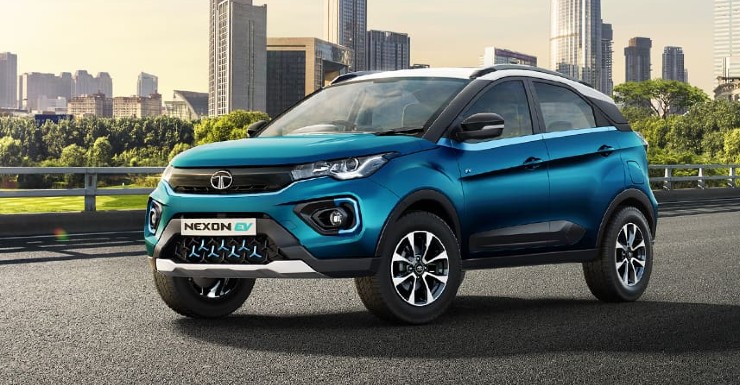
Apart from the additional subsidy of Rs 1.5 lakh, the Delhi EV policy also included a waive-off of road tax and registration charges for the electric vehicles, which in all likelihood will be continued to be offered for the new electric cars. The policy was initially introduced to be in action for three years, thus, the relaxation on road tax and registration charges will be applicable at least till August 2023.
Target achieved of EV subsidies
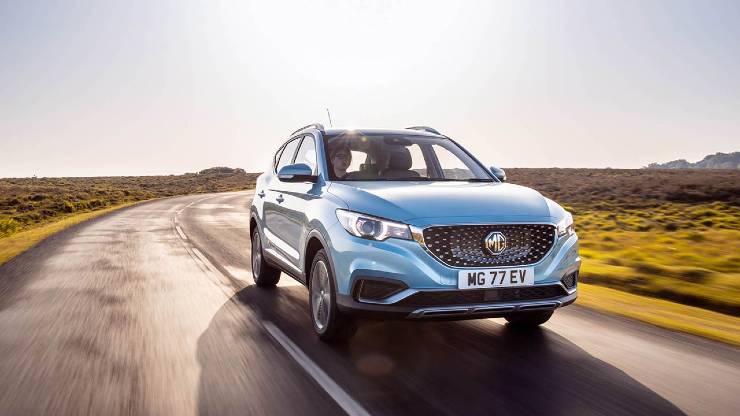
According to a statement released by Kailash Gahlot, transport minister of Delhi, the new Delhi EV policy 2020 gave a much-needed push to the sales of electric vehicles of all kinds – two-wheelers, three-wheelers, passenger cars and commercial vehicles. The arrival of a new generation of electric cars and SUVs from various car makers was a step that prompted the Delhi government to introduce such a scheme, to promote the sales of electric passenger cars in Delhi. While the Rs 1.5 lakh subsidy is no longer in existence, the waive-off for the road tax and registration charges is expected to carry on the momentum generated in the first phase.
Instead of passenger cars, the focus of the Delhi Government has diverted towards the promotion of electric two-wheelers and three-wheelers, which still are in their nascent stages with the limited presence of established automakers. The Delhi Government will continue to offer the cash subsidy for electric two-wheelers and three-wheelers, which is likely to benefit two-wheeler commuters, auto drivers, delivery partners and fleet owners of vehicles for commercial purposes.
Subsidies to continue on the electric two-wheelers
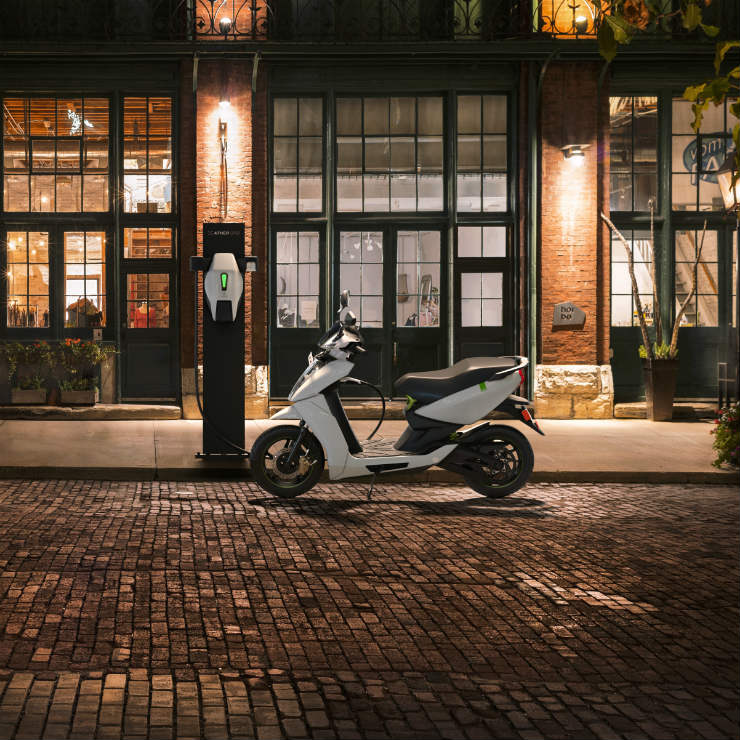
For the unversed, the Delhi EV policy 2020 allows subsidies up to Rs 20,000 for electric two-wheelers and three-wheelers, in addition to no amount charged for road tax and registration charges. Currently, there is no such capping on the number of electric two-wheelers and four-wheelers to be applicable for the scheme, as it was for only the first 1,000 owners of electric cars.
In the last year, the Indian car market has got several options in the electric car space, including the likes of Tata Tigor EV, Tata Nexon EV, MG ZS EV, Hyundai Kona EV, Mercedes Benz EQC, Jaguar i-Pace, Audi e-Tron, Audi e-Tron GT and BYD e6 MPV.


